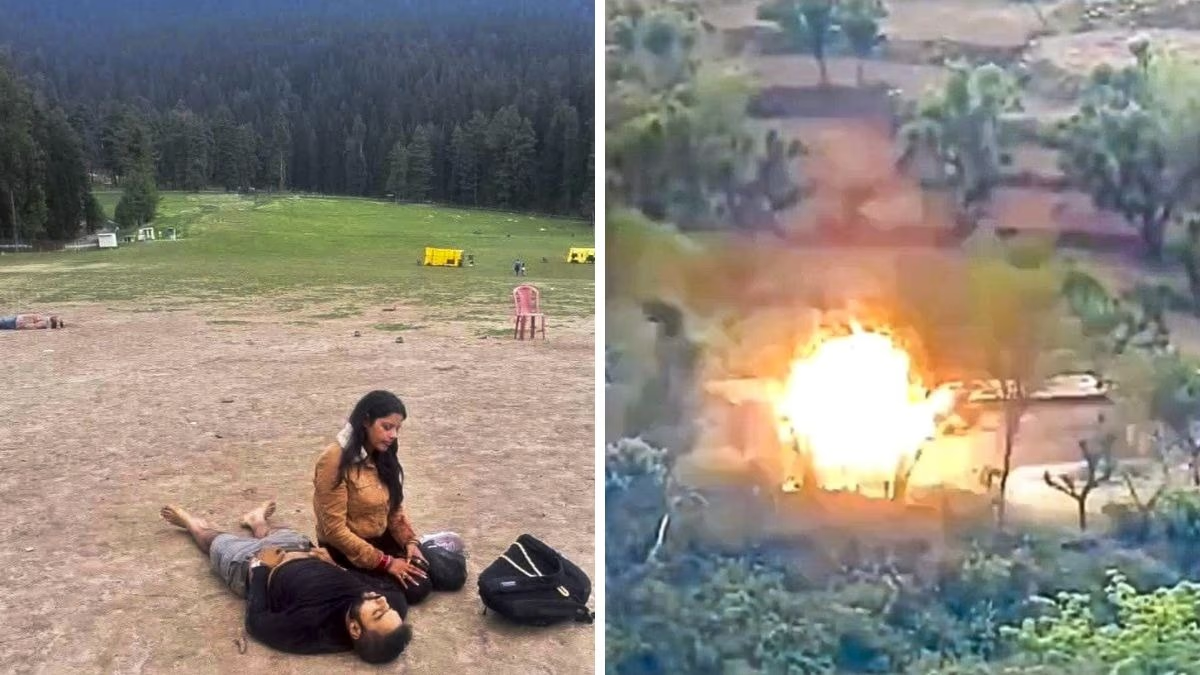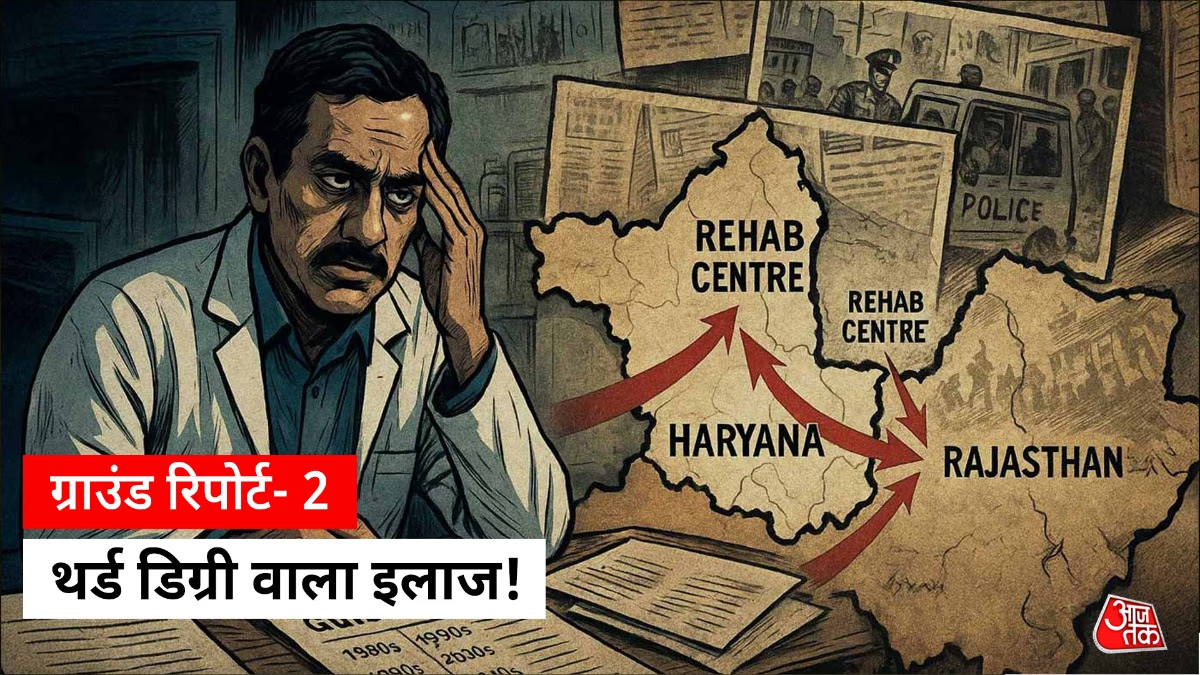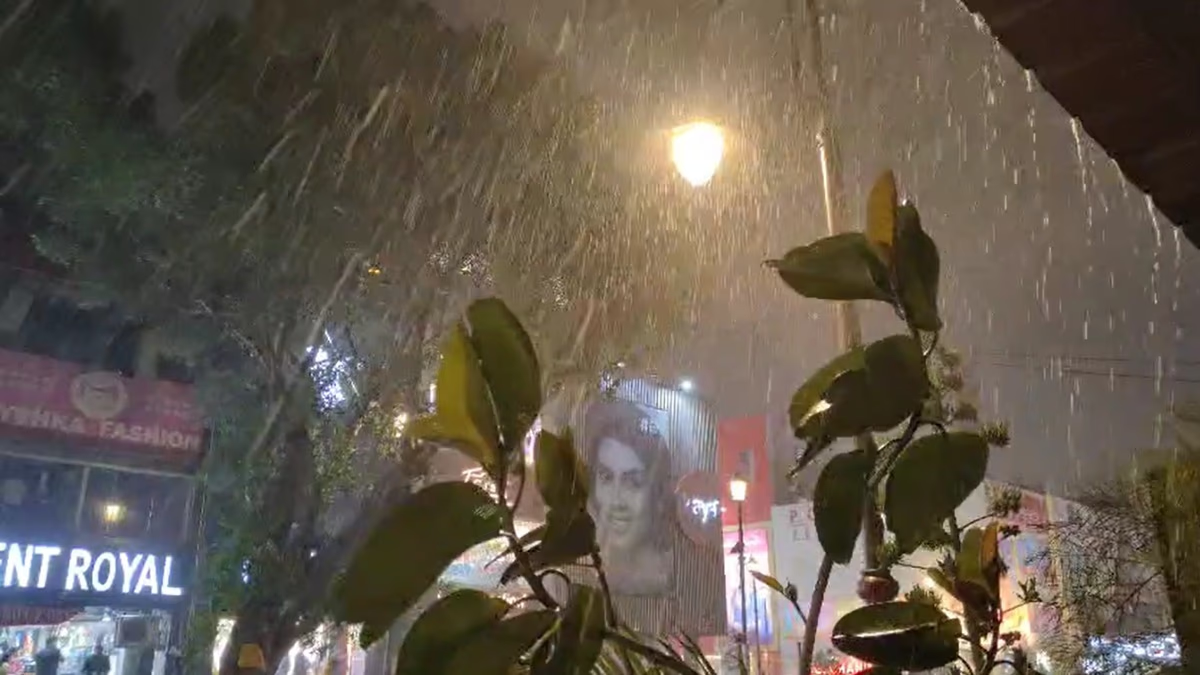In the heart of Jammu and Kashmir's picturesque valley, the tragic Pahalgam terrorist attack claimed the lives of 26 tourists, including a foreign national, marking the dire incident on April 22. As we reach the one-month mark, we reflect on the whirlwind of events that unfolded. In a swift response, India revoked the Indus Waters Treaty and took action against terrorist havens in Pakistan, creating a near-war scenario which eventually led to a ceasefire. From the ongoing investigation of the Pahalgam attack to India's strategic global endeavors, much has transpired in this short span.
Thorough Investigation by NIA
Just a day after the sinister attack, the National Investigation Agency took over the case. On April 23, the NIA launched an intensive probe, inspecting the crime scene in Basaran Valley while conducting numerous interrogations. The Ministry of External Affairs has informed Parliament's standing committee about the culprits' ties with handlers in Pakistan. The attack bears similarities to previous ones claimed by 'The Resistance Front', a front for Lashkar-e-Taiba.
Suspension of Indus Waters Treaty
Following the attack, the crucial Cabinet Committee on Security, chaired by Prime Minister Narendra Modi, convened on April 23 and made a groundbreaking decision to suspend the Indus Waters Treaty with Pakistan. India has firmly communicated to Pakistan that the treaty will remain suspended until they cease supporting terrorism. The significant meeting at the Prime Minister's residence included key figures such as Home Minister Amit Shah, Foreign Minister S. Jaishankar, Defense Minister Rajnath Singh, and National Security Advisor Ajit Doval.
Closure of Attari Border
In response, India announced the immediate closure of the Attari Border. The integration checkpoint was shut, and all visas issued to Pakistani nationals were revoked. Foreign Secretary Vikram Misri elucidated that visas granted under the SAARC visa exemption scheme were canceled. Pakistani visitors were instructed to leave India within 48 hours, while those with valid entry documents were given until May 1.
In-Depth: From Pahalgam to Operation Sindoor: India's Real War Victory Amidst Narrative Challenges
Pakistani Embassy Staff Declared Persona Non Grata
A day after the attack, India declared defense, naval, and air force advisors from the Pakistani embassy as persona non grata, giving them seven days to exit the country. On May 13, government officials marked a further Pakistani diplomat, Ehsan-ur-Rahim alias Danish, as unwelcome, demanding departure. On May 21, on the eve of the attack's anniversary, another Pakistani official received the same decree.
Indian Military Teaches a Lesson to Pakistan
The Indian Government granted the military full liberty to act against terrorist insurgents. Prime Minister Modi engaged in continued consultations with the Chiefs of Staff from all branches, the Chief of Defense Staff, and the National Security Advisor. On May 6-7, 'Operation Sindoor' was launched, targeting key terrorist networks in Pakistan-occupied Kashmir, leading to their obliteration.
News: PM Modi Visits Bikaner Rajasthan, Will Visit Karni Mata Temple, First Border Visit Since 'Operation Sindoor'
On the night of May 7, as Pakistan attempted a counterattack, the Indian military preemptively struck, demolishing half a dozen Pakistani airbases. The operation spanned four intense days until a communication between DGMs of both armies led to a ceasefire agreement.
India's Global Mission and Diplomatic Engagements
With the ceasefire in effect, India pivoted to its global mission of exposing Pakistan on the world stage. Objecting to IMF loans to Pakistan, Finance Minister Nirmala Sitharaman appealed to the Asian Development Bank to halt Pakistani financing. India dispatched seven all-party delegations to highlight the terror issue, with the first batch reaching international grounds.




